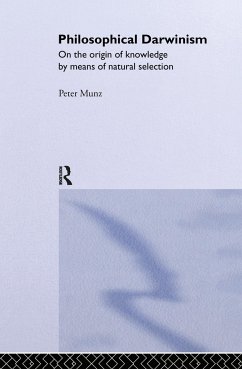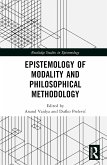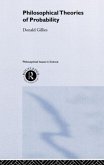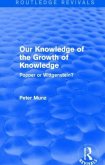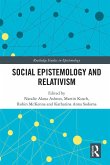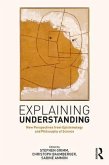Philosophers have not taken the evolution of human beings seriously enough. If they did, argues Peter Munz, many long-standing philosophical problems would be resolved. One of the philosophical consequences of biology is that all the knowledge produced in evolution is "a priori" established hypothetically by chance mutation and selective retention rather than by observation and intelligent induction. For organisms as embodied theories, selection is natural. For theories as disembodied organisms, it is artificial. Following Karl Popper, the growth of knowledge is seen to be continuous from "the amoeba to Einstein." "Philosophical Darwinism" brings perspective to contemporary debates. It has far-reaching implications for cognitive science and artificial intelligence, and questions attempts from the field of biology to reduce mental events to neural processes. Most importantly, it provides a "rational" postmodern alternative to what the author views as the unreasonable postmodern theories of Kuhn, Lyotard, and Rorty.

